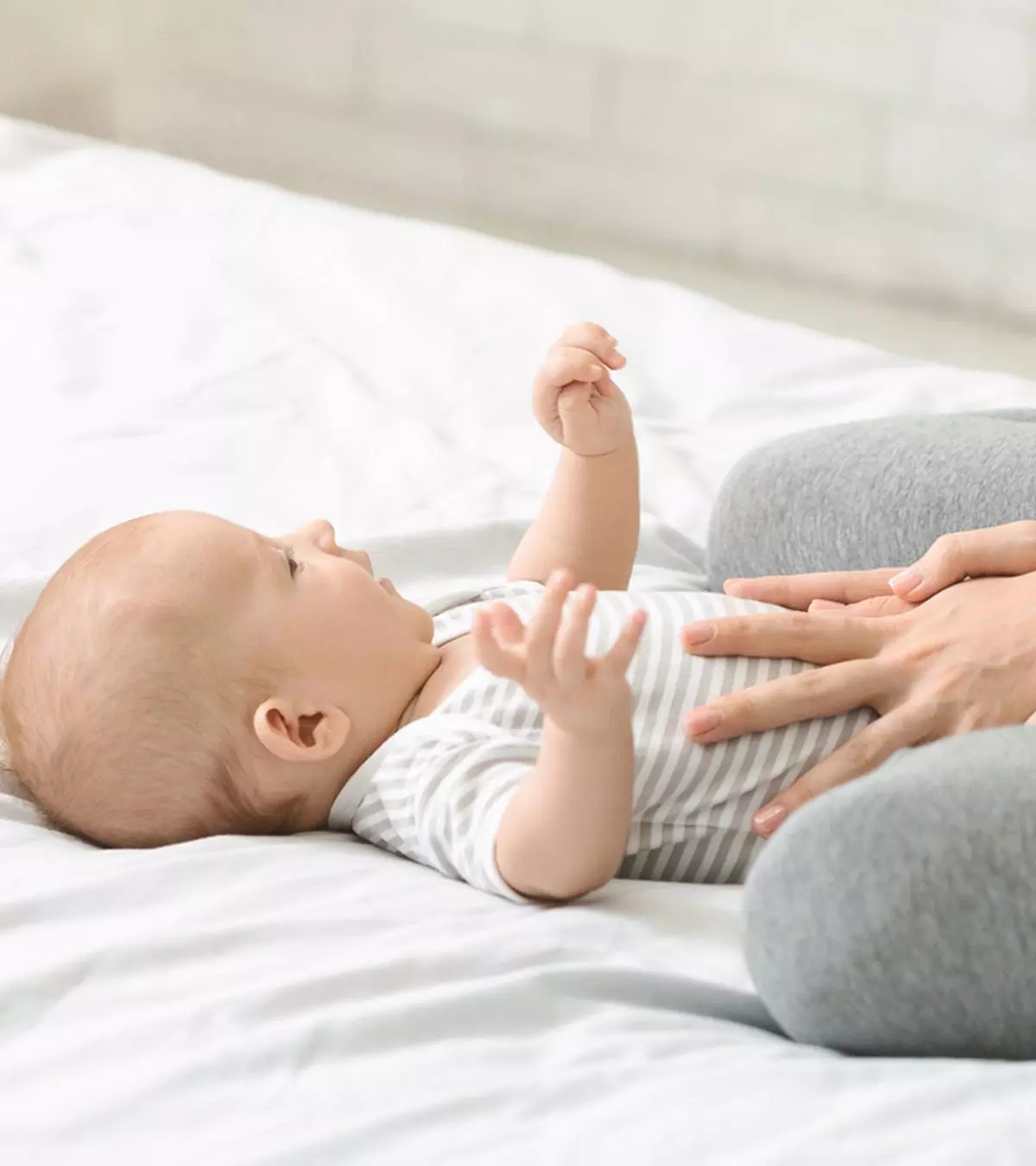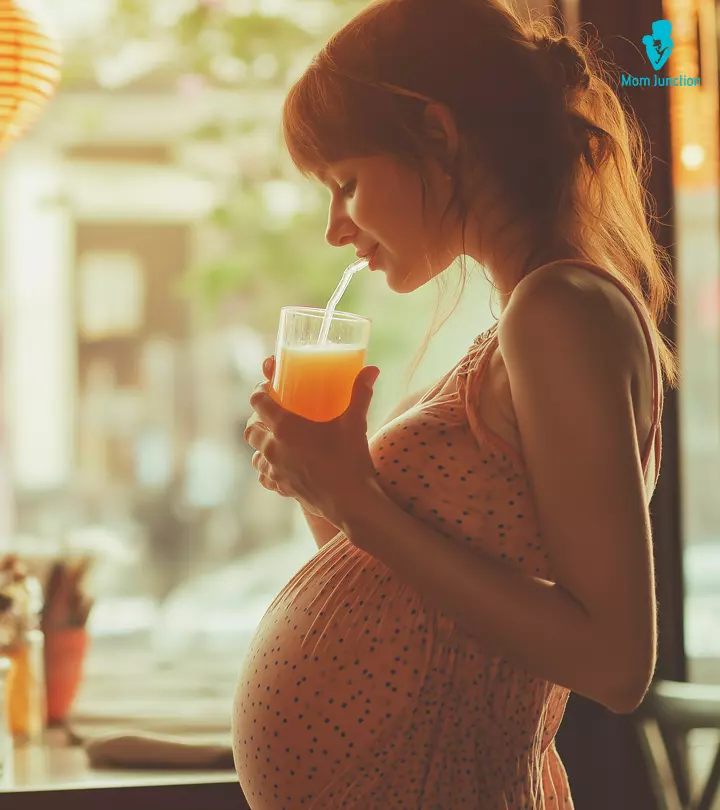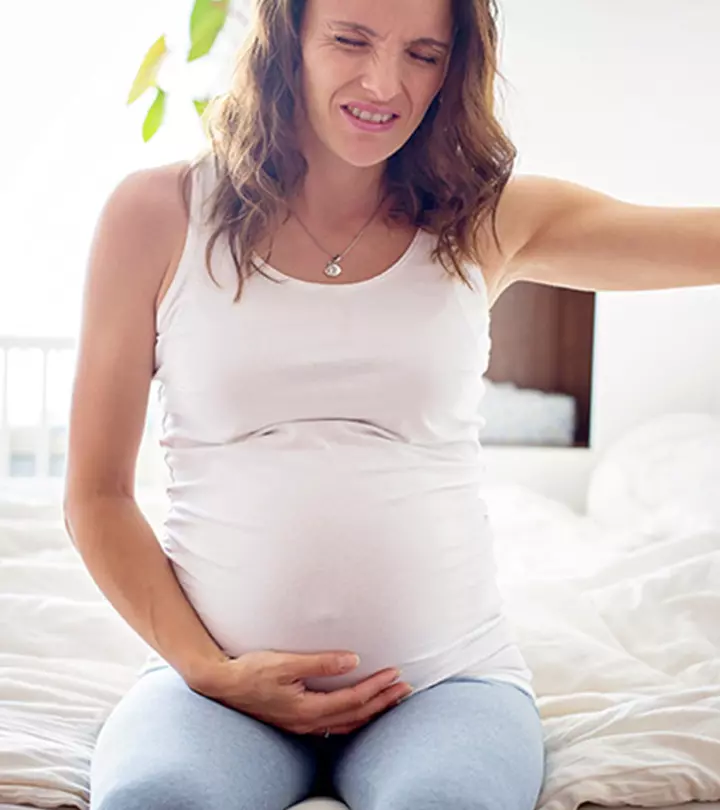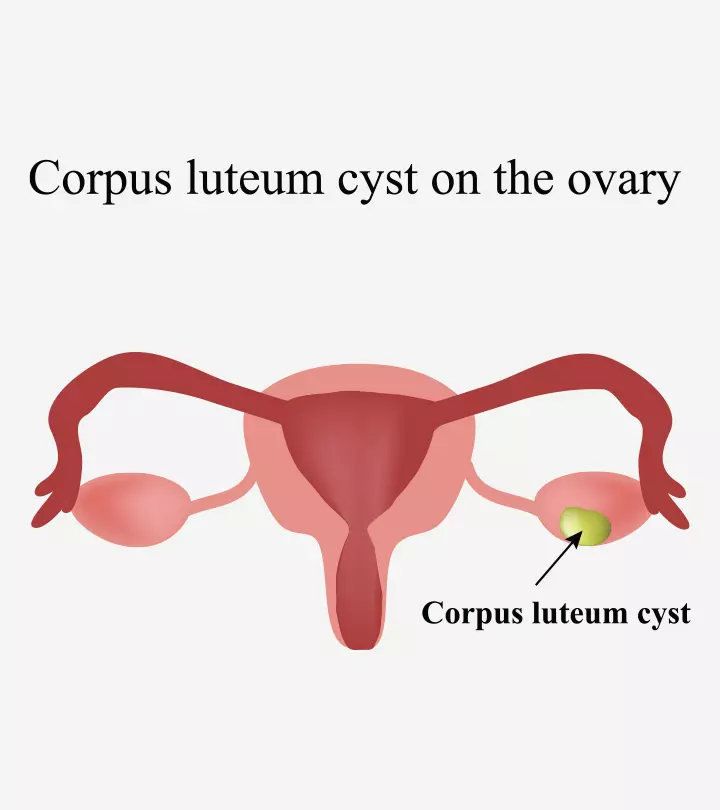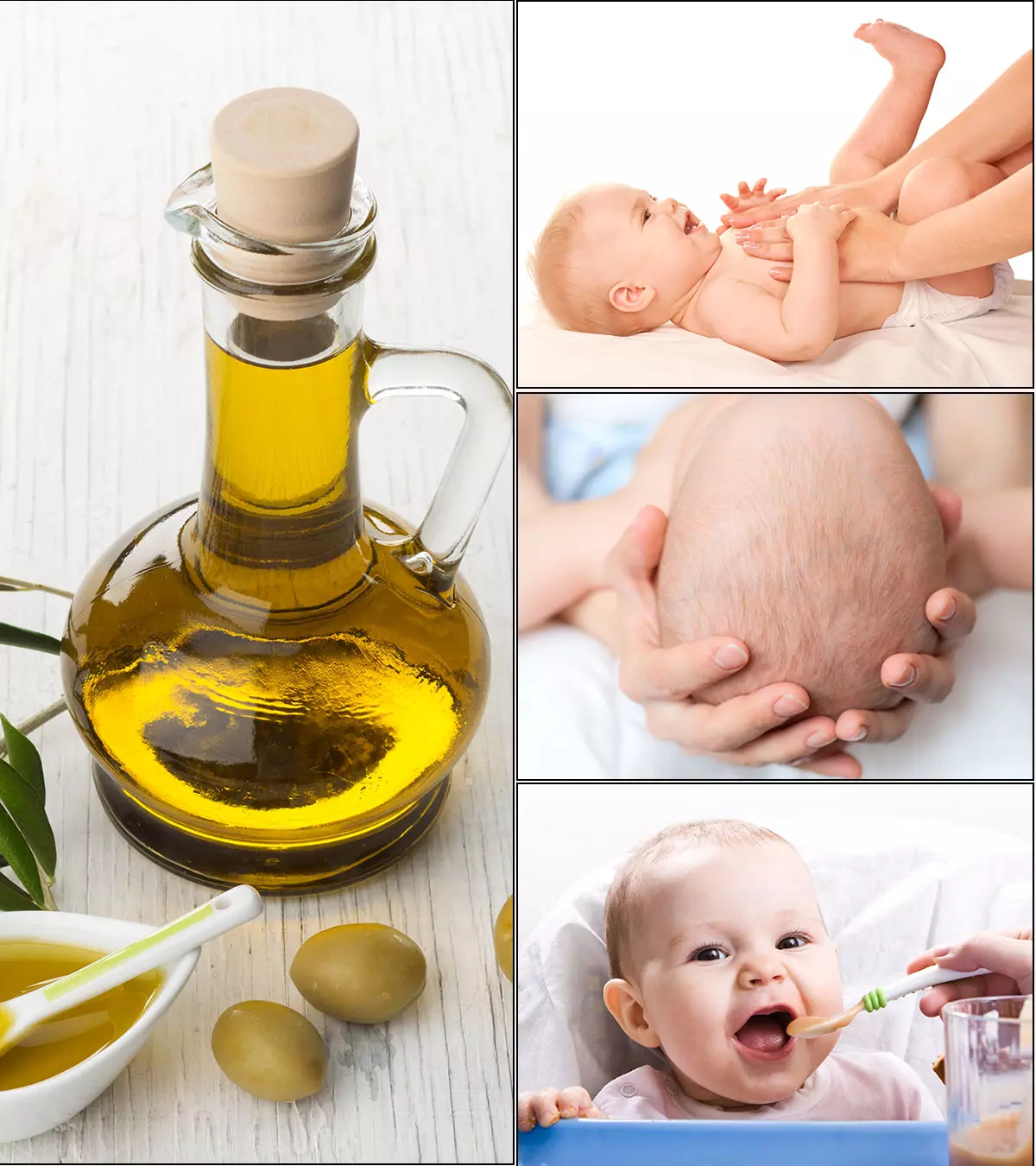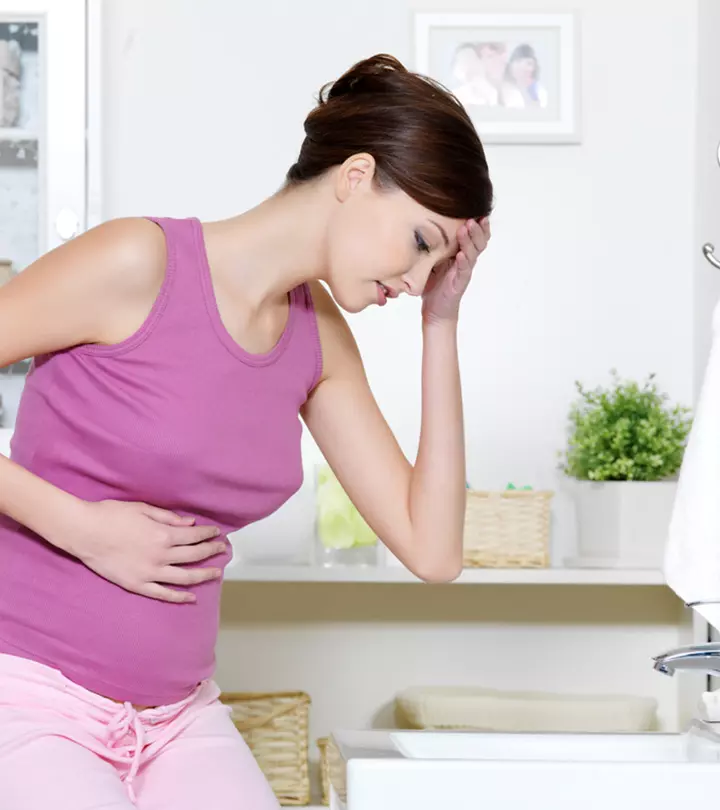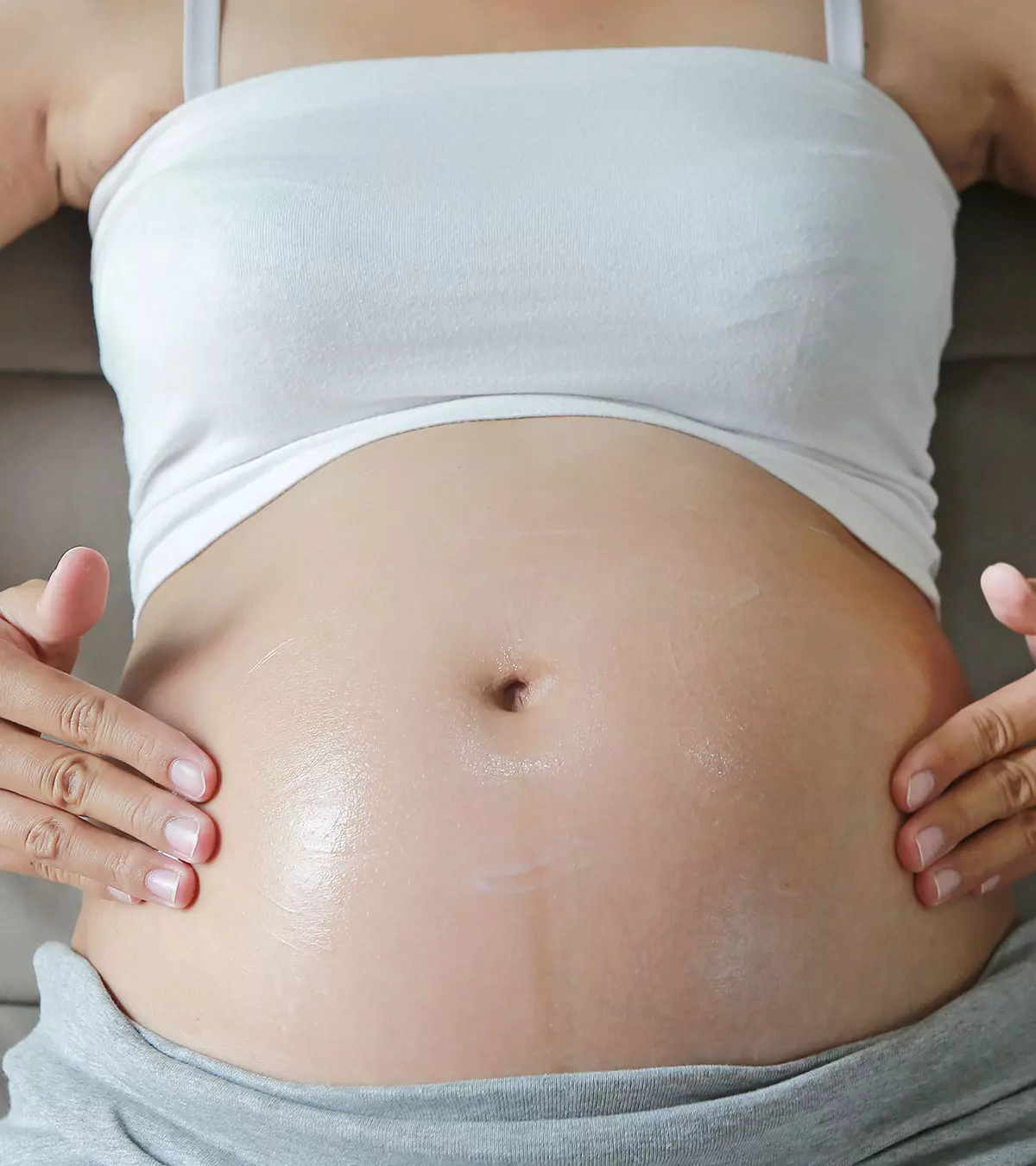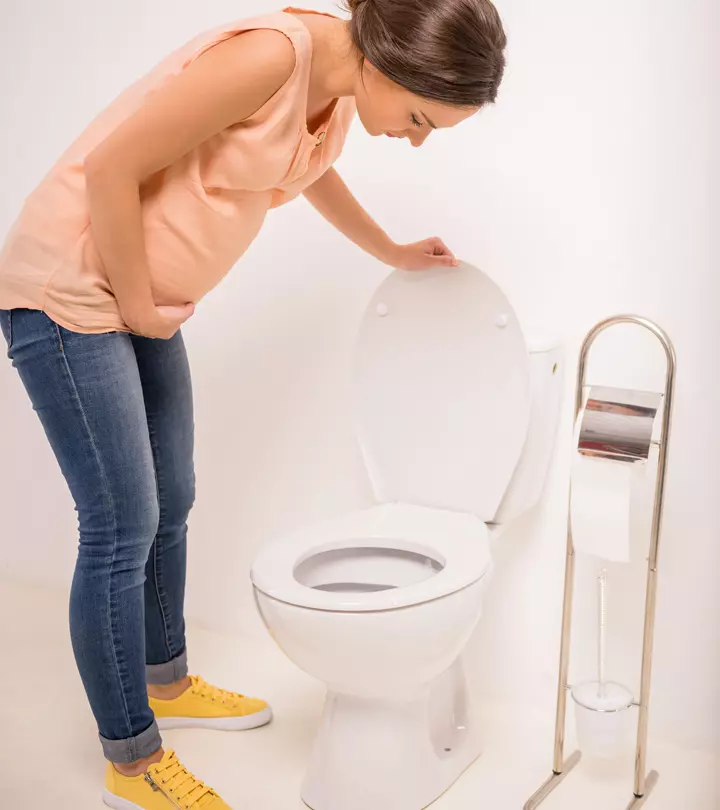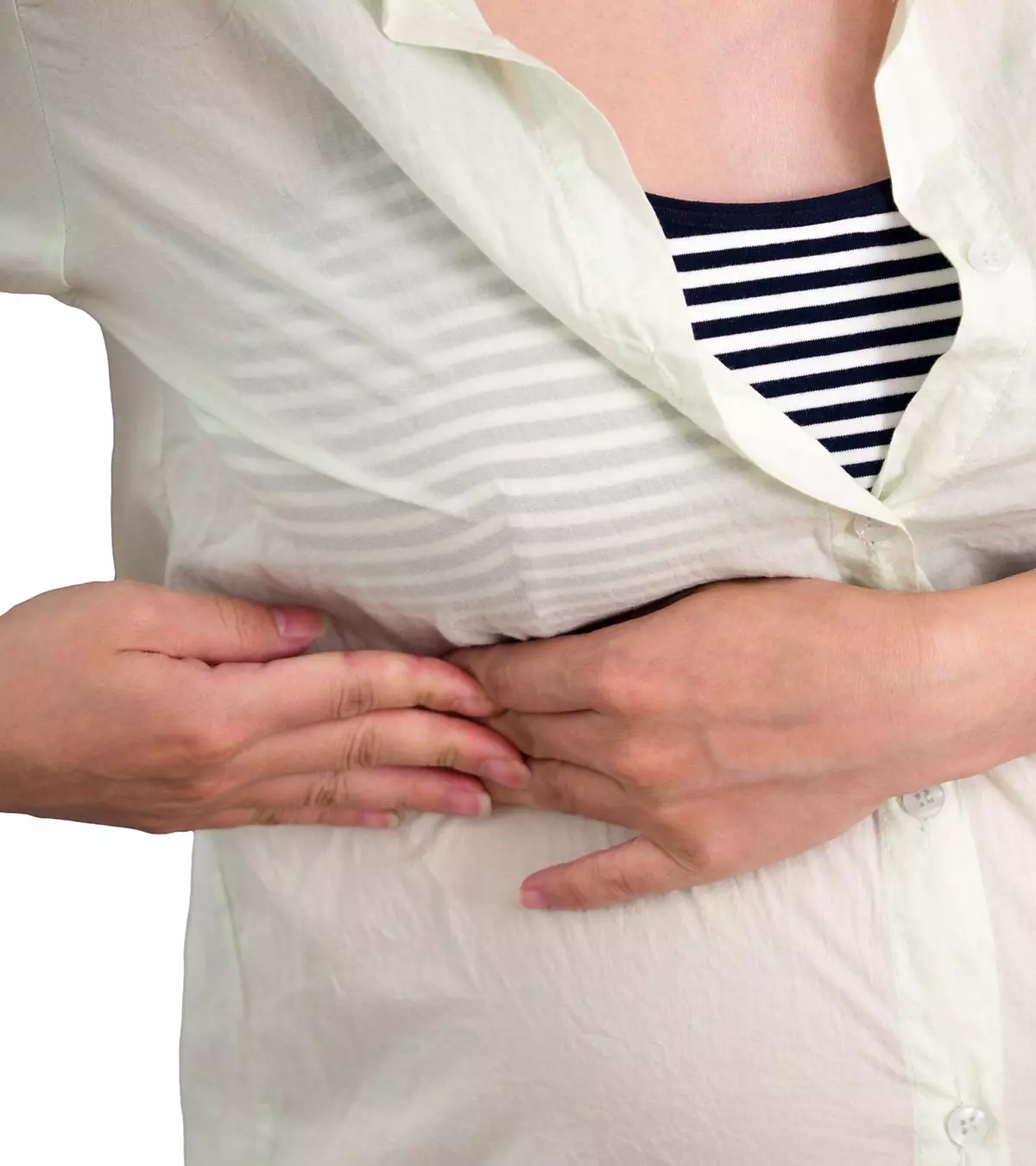
Image: iStock
Pregnancy comes with its set of challenges, and pain in the ribs may be one of them. Rib pain during pregnancy may hamper the daily activities of an expecting mother and increase her discomfort. It generally occurs due to the baby’s growing size in the uterus. The intensity of the pain varies from one woman to another. Although it becomes intolerable sometimes, rib pain does not cause any harm to you or your baby.
This post elaborates on the causes and management of rib pain during pregnancy.
Key Pointers
- Rib pain during pregnancy generally occurs due to the baby’s growing size and may hamper the daily activities of the expectant mother.
- The pain usually occurs at the end of the second trimester and during the third trimester.
- Pain could also be caused by the baby’s movements and intrauterine position, increasing breast size, urinary tract infections, and hormonal changes.
- Rib pain usually disappears in the last weeks of pregnancy, when the uterus drops.
- To alleviate the pain, expectant mothers can wear loose-fitting clothes, maintain good posture, get a massage, take a warm water bath, wear a supportive maternity belt, and engage in light exercise.
How Does Pregnancy Rib Pain Feel Like?
Pregnancy rib pain feels like your ribs are displaced or diverged. Though nothing of this sort happens, the region feels tender to touch, and you will experience pain when sitting, slouching, or bending forward.
You will also experience pain while coughing, breathing deeply, laughing, or sneezing. The pain can appear at different times, and the intensity also varies from tolerable to unbearable.
Usually, sore ribs do not cause any harm to the mother or the fetus. The pain and discomfort will disappear automatically after the baby’s birth.
A mother and blogger who goes by the pen name ‘Breelliant Mama’ experienced rib pain during pregnancy. Recounting her journey, she shares, “At week 19, I started experiencing a sharp pain in my left rib area. The pain comes and goes, and I haven’t figured out what triggers it. I mostly feel the pain after a meal, when I try to fall asleep on my left side, and when I’m seated in a certain way (i).”
When Do You Feel The Rib Pain During Pregnancy?
In the last few weeks of pregnancy, when the baby is almost ready, you may feel like there is no room left in the upper abdomen. With uterus expansion, the other organs will get compressed and you will experience pain in the ribs.
The pain may occur at the end of the second trimester and during the third trimester until the baby starts to descend into the pelvic region toward the due date (1).
 Quick fact
Quick factWhat Causes Rib Pain During Pregnancy?
Here is why you may experience pain in the ribs when you are pregnant.
- The growing baby and uterus: With fetal growth, the uterus expands, taking more room in the womb. It comes to a stage where all the organs are pushed towards the ribs, building pressure in the muscles and making breathing difficult (dyspnea) (1). Those with bigger babies and shorter waists are more likely to experience rib pain during pregnancy.
 Did you know?
Did you know?- The baby’s movements and intrauterineiPositioned or situated within the uterus position: The baby’s position and fetal movements can put constant pressure on the ribs, creating discomfort and pain in the ribs. The frequency of the movements increases each day, getting harder and stronger (2). Also, the breech breech positioniIn this presentation, the fetus's bottom or feet or both are positioned to come out first during birth of the fetus can put additional pressure on the rib cage, causing pain (3).
- Increasing breast size: As the breasts grow, the extra weight gain puts more pressure on the rib cage and lower back. This not only alters your posture but also draws your shoulder down, causing rib pain and back pain (4).
- Urinary tract infections: Rib pain is one of the side effects of UTI, but only if the infection has spread up to the kidneys. As the urinary infection spreads towards the kidneys, it can cause a burning sensation and increase the frequency of urination, in addition to pain and discomfort in the ribs (5).
- Hormone changes: Prenatal discomfort may be attributed to hormonal fluctuations. RelaxiniA hormone produced by the ovaries and the placenta, promoting muscle relaxation and the childbirth process and progesteroneiA female reproductive hormone that plays an essential role in menstruation, pregnancy, and breastfeeding hormones affect all the muscles, ligaments, and joints of the pelvic region and spine. This, therefore, leads to a rib cage and back pain due to the loosening of the muscles and ligaments that support ribs (6).
Pregnancy-related changes are the usual causes of rib pain during pregnancy. However, in some cases, medical conditions could also be a reason for the pain.
Medical Conditions That Could Cause Rib Pain
- Pain under the right rib can be a sign of liver diseases, gallbladder inflammation, and right-sided pneumonia.
- Pain arising on the left rib can be a sign of ulcers, gastritis, gastrointestinal tract disorders, left-sided pneumonia, and diaphragmatic herniaiA congenital disability characterized by protrusion of the abdominal organs into the thoracic cavity due to an opening in the diaphragm .
- Conditions like gastroesophageal reflux, constipation, or trapped gas could also cause rib pain or abdominal pain during pregnancy.
 Quick fact
Quick factDon’t mistake the pain you experience as Braxton-hicks contractions, as these uterine contractions cause discomfort in the lower abdomen, while rib pain may indicate a different underlying issue. Regardless of what is causing it, rib pain should not be ignored. Talk to your doctor to be sure it is harmless.
When To Call The Doctor?
You could experience rib pain, usually in the later stages of pregnancy. Contact your doctor if you have rib pain and ensure that the medical conditions are eliminated through thorough examination and investigation where required.
Rib pain during pregnancy usually disappears after the uterus drops in the last weeks of pregnancy. As you near the due date, the space in the abdomen region increases, and the pressure under the ribs reduces.
 Be watchful
Be watchfulMeanwhile, you can follow a few tips to get some relief from the pain.
What Can You Do To Help Relieve Rib Pain During Pregnancy?
Though there is no cure for this pain, you can take a few measures for temporary relief.
- Wear loose-fitting clothes: Avoid tight-fitting clothes as they add pressure and aggravate the rib pain. Wear loose clothing that is comfortable and easier to breathe in. Also, get a maternity bra or a nursing bra that can take the pressure off the rib cage.
- Lean back: Rib pain worsens when you lean forward. So, try to maintain your posture by leaning backward. This also relieves pressure from the heavy breasts. Stretching back expands the space in the belly and eases the strain on the muscles of the rib cage and lower back. Such simple postural changes can bring great relief.
- Use pillows for support: Use pillows to prop yourself up beneath the bump to take off the strain from the rib muscles. It relieves most of the soreness and pressure from the body.
- Take short breaks: Do not remain in the same sitting or standing position for too long. Move around, take short walks, or indulge in mild exercise.
- Get a massage: Ask your partner to massage on the sides and rib region to help relieve muscle cramps, stress, and tension.
- Warm water bath: Taking a warm shower will soothe and relax the painful muscles. It provides short-term relief from rib soreness.
 Quick tip
Quick tip- Use support aids: There is a wide range of supportive aids such as rib braces, body pillows, maternity belts, lumbar seat pillows, and belly bras to support the lower body. They also relieve rib cage pain.
- Exercise: Indulge in light exercises such as yoga and swimming.
How To Sleep With Rib Pain During Pregnancy?
According to obstetrician and gynecologist Dr. Nandita Palshetkar, “It is recommended to sleep on the left side, as this eases pressure on the ribs and improves blood circulation, benefiting you and the baby. Furthermore, placing a pillow between your legs and another under your arm provides better posture and reduces stress on the ribs.”
To sleep better with rib pain during pregnancy, follow these steps (7) (8):
- Sleep on your left side: This position aids circulation to the baby and eases pressure on the lower ribs from a growing uterus. Place a pillow between your knees for better alignment.
- Use an incline or wedge pillow: If acid reflux accompanies rib pain, elevate your upper body with these pillows to prevent reflux and reduce rib pressure from pregnancy hormones.
- Avoid lying flat on your back: This position strains chest and rib muscles, worsening soreness. Instead, prop yourself up with pillows behind your head and shoulders to alleviate discomfort and prevent heartburn and indigestion.
- Try the “SOS” position: Adopt a semi-fetal position by bending your knees and placing a pillow between them for hip and lower back support. This relieves rib pressure while maintaining spinal alignment.
Frequently Asked Questions
1. Is it normal for ribs to hurt during pregnancy?
Yes, rib pain during pregnancy is a common occurrence (9). It is often caused by the growing baby and changes in your body.
2. What does rib pain preeclampsia feel like?
It has been reported that preeclampsiaiA pregnancy-related disorder characterized by the onset of high blood pressure, water retention, and protein in the urine rib pain usually feels like a sharp pain under the right ribs (10). You may consult your doctor to guide you for some relief.
3. Is it common to have rib pain on one side during pregnancy?
Yes, it’s common to feel pain on one side of the ribs while pregnant (11).
4. When should I be concerned about rib pain during pregnancy?
Rib pain during pregnancy is typically normal and not a cause for concern. However, if you have symptoms such as pain while urinating, cloudy urine, blood in urine, a high temperature, or a burning/stinging feeling during urination, inform your doctor promptly (11).
5. How can I tell if my rib pain during pregnancy is from the baby kicking?
During pregnancy, rib pain may occur when the baby kicks. However, it’s crucial to consult a healthcare provider for an accurate diagnosis. They will assess your symptoms, examine you, and offer advice on how to deal with pregnancy discomfort (12).
6. What are some alternative therapies that may help with rib pain during pregnancy?
Some women may find relief from rib pain through alternative therapies such as acupuncture, prenatal yoga, and chiropractic care. While these therapies are generally considered safe for pregnant women, it’s essential to consult with your healthcare provider before starting any new treatment.
7. Is rib pain during pregnancy a sign of preterm labor?
Rib pain during pregnancy is not a sign of preterm labor. It’s a common discomfort experienced by many pregnant women, especially in the later stages of pregnancy.
You may experience several pregnancy discomforts due to hormone changes, fetal positioning, and other reasons, and rib pain during pregnancy is one of them. The condition may often occur in the later stages of pregnancy and is treatable. You may try home remedies such as exercise, massage, or different support aids to cope with it. Rib pain during pregnancy is seldom dangerous since it arises from the growing belly and other physical changes. However, it may sometimes indicate an underlying condition. Hence, consult your doctor if you experience any pain for timely and appropriate treatment. Avoid self-medication and seek medications and management techniques advice from your doctor.
Infographic: Exercises To Relieve Rib Pain In Pregnancy
Rib pain during pregnancy is common, and here are a few pregnancy exercises that you can do to cope with it. However, remember to consult your Ob/Gyn to confirm the safety of these workouts to ensure a complication-free pregnancy. Once your doctor gives their consent, go ahead and save this infographic for easy access to the workouts and share it with your friends. Illustration: Momjunction Design Team
Illustration: Causes And 8 Tips To Alleviate Rib Pain During Pregnancy

Image: Dall·E/MomJunction Design Team
Rib pain may be a challenge to deal with during pregnancy. Learn how yoga can help relieve your discomfort with this video!
Personal Experience: Source
MomJunction articles include first-hand experiences to provide you with better insights through real-life narratives. Here are the sources of personal accounts referenced in this article.
i. My pregnancy roller coaster (part 2);https://medium.com/@brendanyambura1/my-pregnancy-roller-coaster-part-2-bd42b1a466ba
References
1. Tara Lee and Mary Attwood; Pregnancy Health Yoga: Your Essential Guide for Bump, Birth and Beyond
2. Glade B. Curtis and Judith Schuler; Your Pregnancy Week by Week
3. Bonnie Urquhart Gruenberg; Birth Emergency Skills Training: Manual for Out-of-hospital Midwives
4. Denise Tiran; Have A Happy Pregnancy: Teach Yourself
5. Urinary Tract Infections; The National Library of Medicine
6. Mary Ellen Zator Estes; Health Assessment and Physical Examination
7. Causes and Remedies for Rib Pain During Pregnancy; New Kids Center
8. Rib Pain During Pregnancy; New Kids Center
9. Sore ribs in pregnancy; Health Service Executive Ireland
10. Signs and Symptoms; Preeclampsia Foundation
11. Pre-eclampsia; Tommys
12. Five ways to reduce rib pain during pregnancy; Epworth Foundation
13. 23 weeks pregnant; NCT
14. Catherine E. AikenRespiratory disease in pregnancy; Obstetrics, Gynecology, and Reproductive Medicine
15. Gallbladder Removal Operation During Pregnancy Associated with Adverse Maternal Outcomes, Longer Hospital Stays, and Higher Hospital Costs; American College of Surgeons
Community Experiences
Join the conversation and become a part of our nurturing community! Share your stories, experiences, and insights to connect with fellow parents.
Read full bio of Dr. Sangeeta Agrawal
- Dr. Nandita Palshetkar is a gynecologist and IVF specialist with over 30+ years of experience. She is the scientific director at Blooms IVF clinic in Mumbai, India.
 Dr. Nandita Palshetkar is a gynecologist and IVF specialist with over 30+ years of experience. She is the scientific director at Blooms IVF clinic in Mumbai, India.
Dr. Nandita Palshetkar is a gynecologist and IVF specialist with over 30+ years of experience. She is the scientific director at Blooms IVF clinic in Mumbai, India.
Read full bio of Rebecca Malachi
Read full bio of Swati Patwal
Read full bio of Aneesha Amonz








